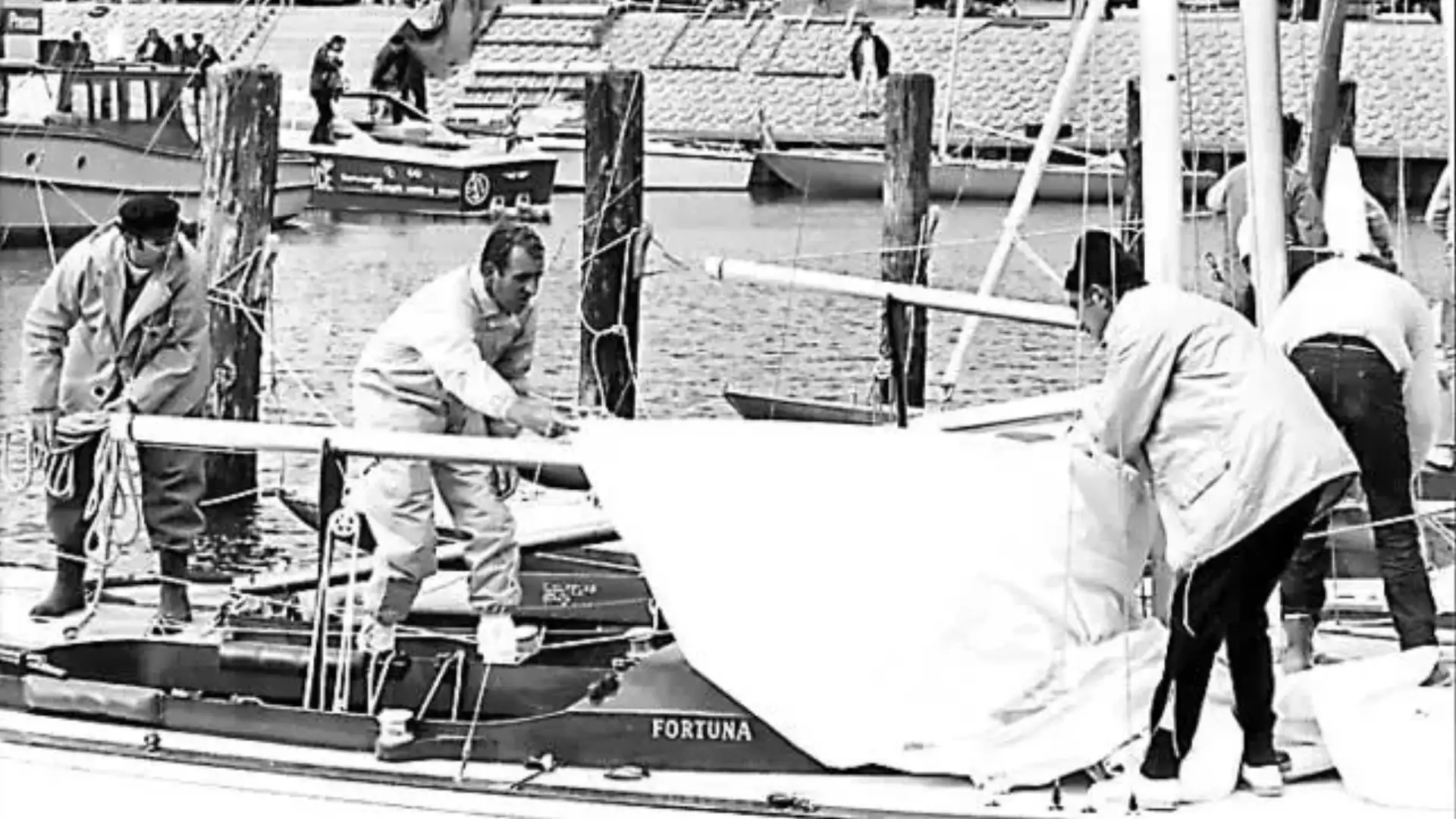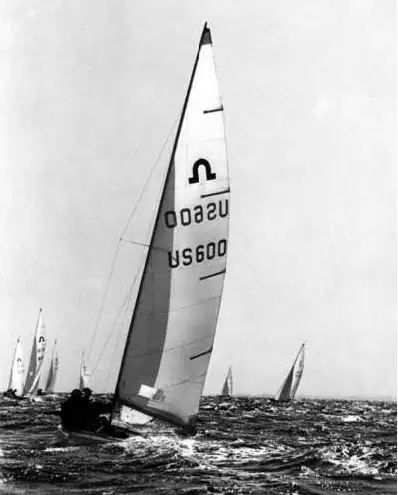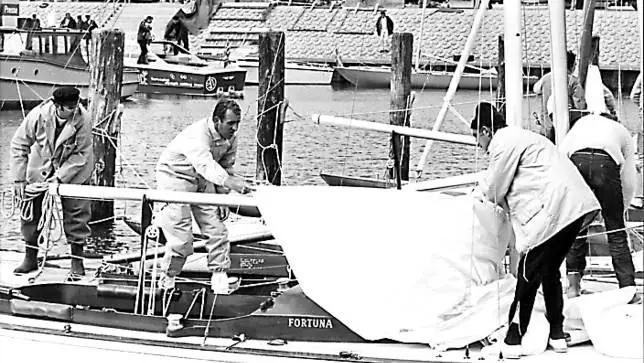
An Olympic with a sense of state
An Olympic with a sense of state
In the 1972 JJOO sailing tests in Munich, the "Dragon" class was last Olympic, with the Spanish representative being the "Fortuna" patronized by the then Prince of Spain, Juan Carlos de Borbón. This circumstance allows us to remember how its Olympic participation was managed, which has its particular history.
The Spanish sailing Federation sets a schedule of selection races to determine the team that, in this class, would compete in the Kiel Rada. The representative would come out of a series of qualifying races that included the "Christmas Race" of Palamós, the Spanish Championship, the "Princess Sofia Trophy" in Palma, the European Championship and Kiel's PreOlympic Week.
From the first moment a closed competition was established between the "Fortuna" of the Prince of Spain, Don Juan Carlos de Borbón, accompanied by Félix Gancedo and Gonzalo Fernández de Córdoba as crew and the "Persecto" of the veteran regatist Ramón Balcells with his son Ramón and his friend Joan Llort. After the first two tests, the "Fortuna" had a slight advantage and, therefore, the races of Palma were decisive. But the withdrawal during the Balcells by failure made it easier for the Federation Technical Committee to confirm before the planned "Fortuna" would be the Spanish representative in the "Dragon" class at the World Games.
As explained in the book "Tarragonins Olympiics," this withdrawal from Balcells had a high sense of state. Balcells was offered to compete in another class and he accepted the challenge, aware of the importance to the image of the country of the presence of the future King of Spain in the Olympic event.

The Saving sailed in the Olympic waters of Kiel.
Accompanied by his son and his friend Ramón Llort, Balcells moved to Denmark to, under harsh weather conditions and under the advice of the Danish Ib Using Anderssen, adapt within two months to the "Soling" class that in Munich took over for future "Dragon" class games. They did it, and the truth is that in the Kiel Rada they started well with a 9th, they punctured in the second race with a 23rd but they recovered push with an excellent 2nd that gave them a lot of confidence.
But then came the tragedy of the September Black terrorist attack on the Olympic Villa with its fatal outcome and it disrupted and much the coming of the evidence. Under the impact of what happened and under strong security measures, the tests resumed three days later but nothing was the same. The Spanish "Soling" completed the following three races with a 10th, a 12th and an 18th, place that placed him in the ninth of the general very close to the seventh square.
It should be noted that Ramón Balcells Rondón competed in Munich at the age of 53 and that, twenty before, he had already competed in Helsinki 1952, with a ship built by himself, achieving a meritorious tenth place in the "Finn" class, which could be better, not to measure two controversial disqualifications.
After Helsinki he prioritized his business obligations, but considered one of the forjadores our sports sailing and for his extensive knowledge, he was the technical manager of the Spanish Olympic sailing team in Mexico 68. That's when the competition gusanillo woke up again, taking him to his second Olympic date in Kiel waters.
The case of Ramón Balcells Rondón and his son Ramón Balcells Comas is the only one among Spaniards, in which father and son have competed at the same time in the same Olympic Games.
Text: Juan Manuel Surroco
Blog: http: / / elmargadordejmsurrop.blogspot.com.es /
Twitter: @ SurrocaJM
© 2024 Nautica Digital Europe - www.nauticadigital.eu












